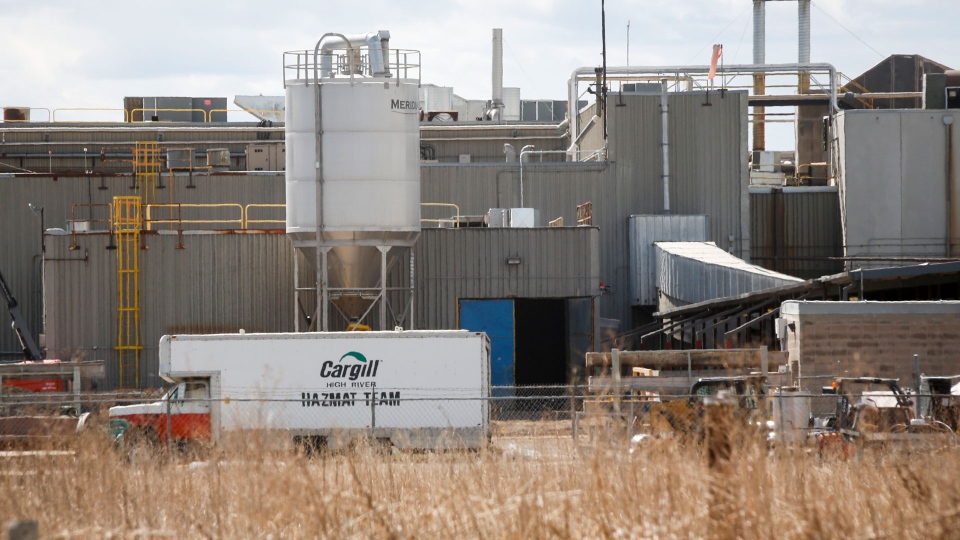Slaughterhouse geographies: Comparing the integration experiences of refugee workers in Canadian meatpacking towns.
Funded by a SSHRC Insight Development Grant, this research addresses the intentional geographies of the Canadian meatpacking industry and the lives of former refugees, now Canadian permanent residents, who do this precarious work. The meatpacking industry relies on a mostly immigrant workforce composed of former refugees, many of whom work in large meat processing facilities located in small Canadian communities. The goal is to assess how location, refugee/migration background, and work in meatpacking are linked, and in turn, to identify how these links impact access to services and supports, community inclusion and participation, and feelings of security and belonging for former refugees to Canada.
There is an increasing policy focus in promoting immigrant and refugee settlement to smaller centres. The research explores the geographic relationship between smaller places, possibilities for newcomer integration, and Canadian immigration policy. This project builds on a 2020 research project funded by a SSHRC Partnership Engage Grant. Using survey and interview data, the 2020 project used virtual methods to canvass conditions in meatpacking plants that rendered im/migrant and refugee workers vulnerable to difficult, dirty and dangerous (3D) work, and COVID-19.
The current project shifts focus to the broader social, economic and political relations in the local contexts in which meatpacking workers are embedded. As such, the proposed work seeks to document social and economic conditions to trace social integration across three locations. I contend that these geographies of social integration may vary by city size and the services, allies and job opportunities afforded by each site.
This is a qualitative research project comparing three sites where former refugees who work in meatpacking live: Calgary, High River and Brooks, Alberta. Each site has a distinct geography and immigration history and each has a large beef processing facility. In addition to a systematic environmental scan of each site, our team will work with community researchers to undertake first language interviews with workers in each city. This research will contribute to scholarship on the geography and processes of refugee integration, as well as enhance knowledge about the relationship between immigration status and precarious work.
Image credit: https://calgary.ctvnews.ca/southern-alberta-beef-plant-shuttered-over-covid-19-will-reopen-may-4-1.4917672
